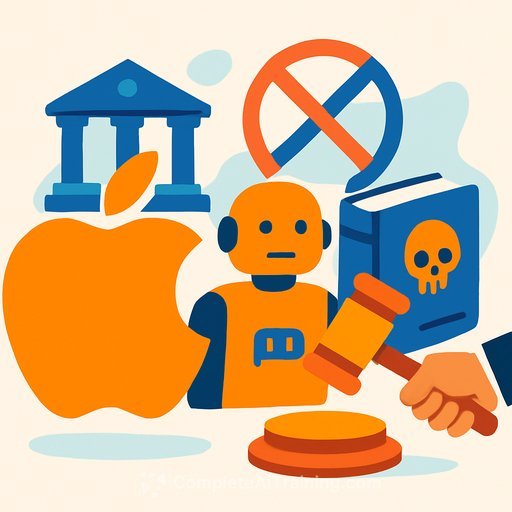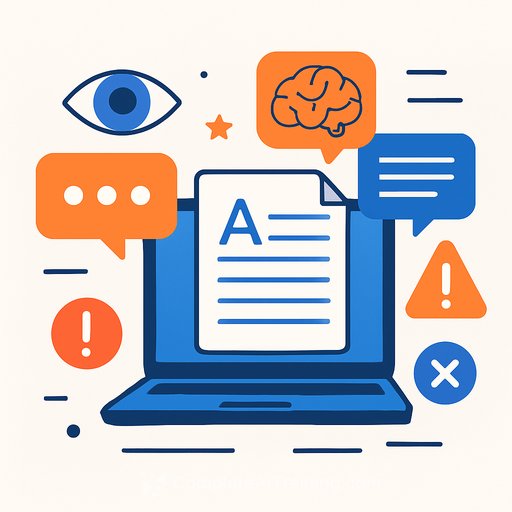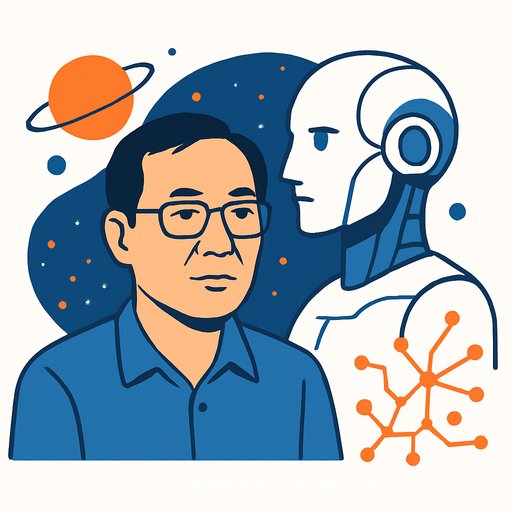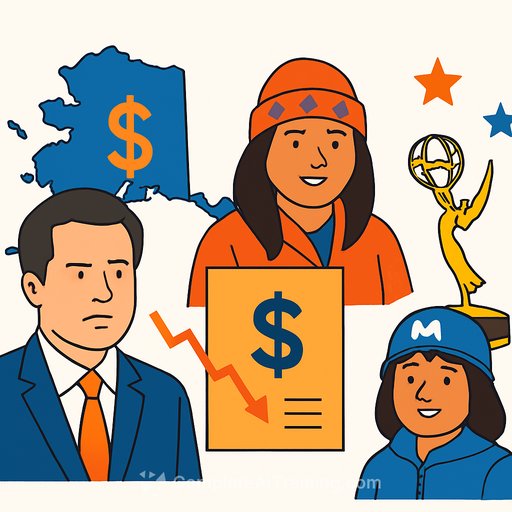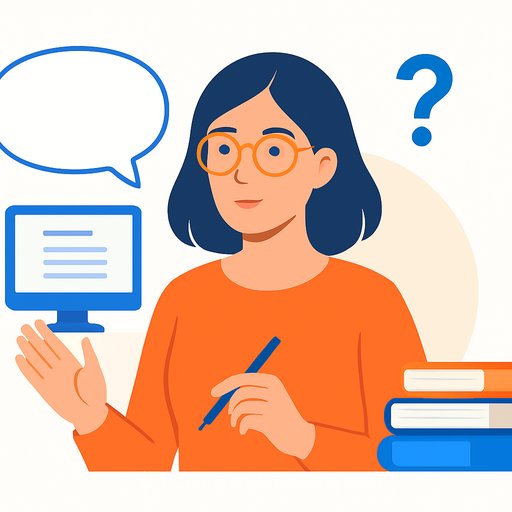Today's Tech: Apple sued over use of books to train AI
Apple built its brand on design, privacy, and trust. Now it is facing a putative class action from authors Grady Hendrix and Jennifer Roberson, who allege the company used their books without permission or payment to train its "OpenELM" model.
The complaint claims Apple relied on a dataset known to include pirated materials, ingesting entire books without credit or compensation. This places Apple alongside Microsoft, Meta, and OpenAI, which face similar litigation. Days earlier, Anthropic agreed to a $1.5 billion settlement in a comparable case, signaling that authors have leverage and momentum.
What the lawsuit alleges
The suit says Apple treated published books as raw training fuel for a commercial product. For writers, that means your voice, structure, and story arc could be learned by a model without your consent. Apple's public image as a privacy-first company intensifies the scrutiny: if the allegation is true, it undercuts years of trust-building.
Why this matters to working writers
- Books are high-value inputs for large models. Your prose teaches style, pacing, character, and argument-exactly what models struggle to learn from low-quality text.
- Models trained on books can summarize, imitate, or reframe your work, impacting licensing, advances, and downstream revenue.
- If courts side with authors, licensing will likely become standard, creating new income streams. If courts side with companies, broad training on public text may continue without consent.
Possible outcomes
- If authors win: Mandatory licensing and direct negotiation with publishers and writers. Clearer attribution, audit rights, and payments. Slower model training, higher costs, better documentation.
- If companies win: Wider latitude to train on publicly available text. Fewer checks on dataset provenance. Writers shift strategy to opt-outs, watermarking, contract clauses, and collective action.
Action steps for authors right now
- Register your copyrights. Timely registration improves your position in any dispute. See guidance from the U.S. Copyright Office: copyright.gov/ai.
- Lock in contract language. Ask your agent or publisher to add clauses covering AI training, dataset use, derivatives, and revenue sharing.
- Monitor datasets and mirrors. Search for your name and titles in known book datasets and piracy sites. Issue takedowns where appropriate.
- Join collective efforts. Organizations focused on authors' rights can coordinate legal strategy, licensing frameworks, and funding.
- Track provenance. Keep dated drafts, proofs, and publication records. Provenance strengthens claims and licensing negotiations.
- Set up alerts. Use simple tools (e.g., title + author Google Alerts) to catch suspicious summaries, imitations, or uploads early.
For publishers and agents
- Audit your digital distribution and anti-piracy processes; clamp down on mirrors that seed training datasets.
- Negotiate AI training licenses as a distinct right with pricing, reporting, and audit provisions.
- Build a rights registry that catalogs AI permissions at the work, edition, and territory level.
The bigger picture
There is no "free" data. Behind every paragraph is ownership and years of practice. Innovation can proceed, but it needs to pay the people whose work it learns from.
Apple can settle, like Anthropic, or fight. Either path will shape how creative labor is valued when machines can learn from it instantly and at scale. For writers, this case is more than news-it is a lever to assert terms for the next era of publishing.
Keep learning and protect your upside
- Level up your AI fluency for writing work without giving away rights: AI courses by job.
- Explore practical tools that support drafting, editing, and briefs while you stay in control: AI tools for copywriting.
Your membership also unlocks:

